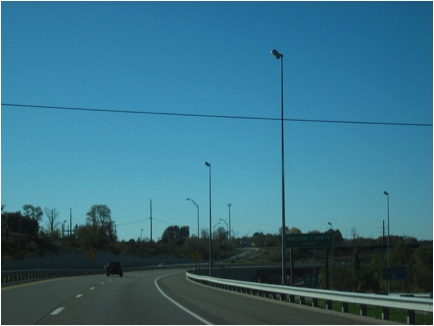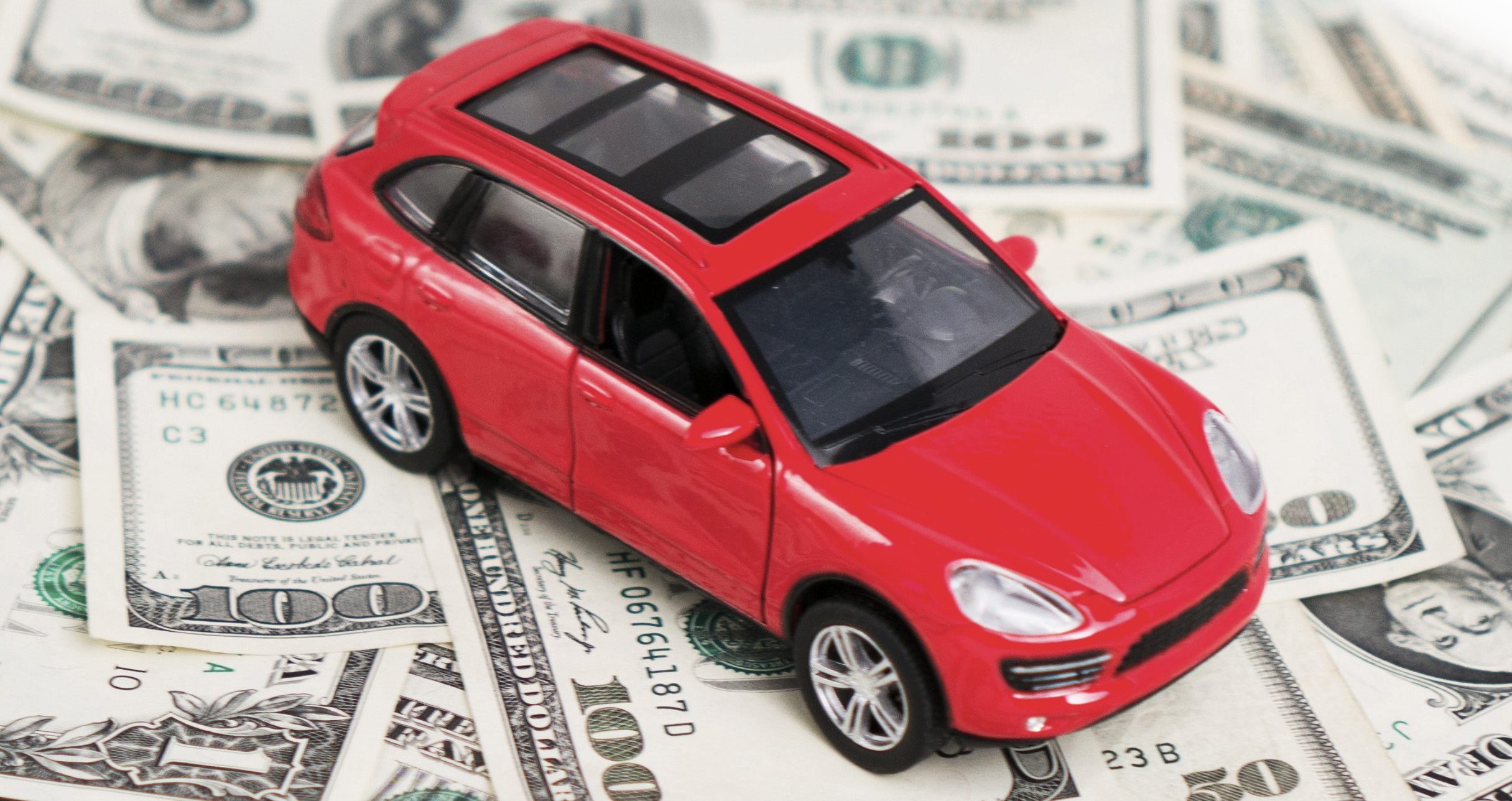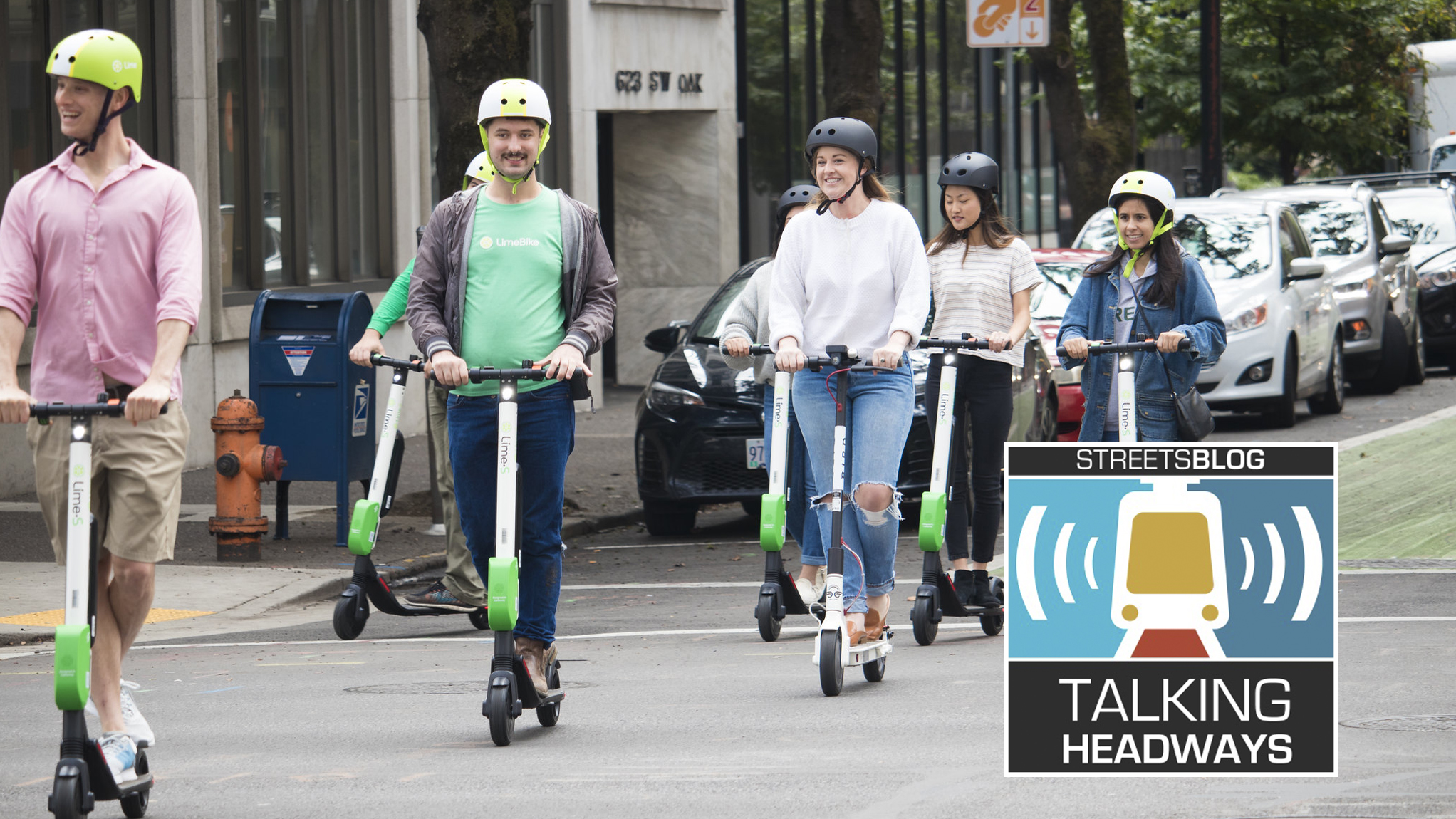Congratulations are owed to Bob McDonnell. He's scored a victory on his transportation funding plan, cementing his legacy (though infuriating conservatives, including his hand-picked successor). His achievement is being called the first bipartisan initiative to pass in Virginia in decades. And what does this great deed accomplish? Secure revenue to fuel a new era of wasteful road-building in the commonwealth of Virginia.

Virginia’s state House and Senate both voted this weekend to approve McDonnell’s funding plan for transportation, despite opposition from anti-tax activists. McDonnell's original proposal to eliminate the gas tax entirely got massaged a little bit, turning into a 3.5 percent tax on the wholesale price of gas.
His proposal to raise the sales tax survived the legislature, as did the $100 tax on alternative fuels – an idea that is somewhat less backward now that some semblance of gas tax remains. Democrats hate it, though, and McDonnell has already signaled a vague willingness to “review” it.
The sales tax hike, however, is as backwards as ever. McDonnell is raising the sales tax 0.3 percent in most parts of the state but 6 percent in the populous Hampton Roads and northern Virginia areas. Much of the extra funds raised in those areas will go to local projects, but it still means the most urban and transit-rich areas, where most of the state’s non-drivers live, will pay more for a plan that disproportionately funds rural roads.
Drivers will pay five cents per gallon less than they did under the old gas tax, given current prices -- shrinking their contribution by about 30 percent. Rather than strengthen the gas tax's small but important incentive to drive less, McDonnell's plan turns it the other way.
The other reason the sales tax hike won’t do the trick is that sales taxes aren’t an appropriate tool when what you need is a stable source of funding.
FTA Administrator Peter Rogoff said the same thing last month when outgoing AASHTO Director John Horsley proposed a percentage sales tax on gas instead of a flat tax. “In transit-land, sales taxes rise and fall with sufficient amplitudes here that it makes or breaks projects,” he told an audience at TRB later in the day when Horsley made his proposal. “Just because it’s a sales tax doesn’t mean that it’s stable.”
According to economists Michael Madowitz and Kevin Novan, writing in the Washington Post, California’s transportation sales tax fluctuated 13.5 percent over the past decade while the fixed gas tax fluctuated just 1.2 percent.
“Given that it is far easier to predict gas consumption than prices,” they wrote, “it is prudent to tie transportation revenue to consumption.”
The one thing that's predictable about gasoline consumption is that it will continue to drop. People are driving less, and the cars they’re driving are using less gas. Any gas tax solution is only a temporary fix. Does this mean McDonnell is right to want to drop the gas tax altogether? Not at all. Does it mean he’s smart to look to other sources of income for transportation? Of course – though he’s still looking in the wrong place.
Worst of all, the transportation expenditures envisioned in McDonnell's plan are heavy on sprawl-inducing highways. He touts the multimodal aspects like high-speed rail and finishing the silver line to Dulles airport. But Stewart Schwartz of the Coalition for Smarter Growth characterizes the legislation as “truly a highway bill.” Even the maintenance funds it allocates ($538 million a year) will only serve to free up construction funds for rural highway-building.
Trip Pollard of the Southern Environmental Law Center called the package “too road-heavy” and said, “Virginia has to move toward a more balanced approach that provides greater transportation choices and a cleaner, more efficient system.”
Pollard’s and Schwartz’s organizations, together with other smart-growth groups, lamented the lack of reforms required in the funding bill. “It doesn’t require wiser spending by VDOT even as it effectively allows for about $500 million a year in additional highway construction funding for VDOT,” they wrote in a statement.
In his article for Greater Greater Washington about the bill, Stewart Schwartz wrote about where the money is going:
Just last week, VDOT announced it would allocate another $869 million in federal Garvee bonds to Route 460 and the Coalfields Expressway, two of the most wasteful, unnecessary projects in the history of Virginia. Four questionable projects—Route 460 ($1.4 billion), Coalfields Expressway ($2.8 billion), Charlottesville Bypass ($240 million), and the Outer Beltway in Northern Virginia (estimated $1 billion)—total a potential $5.5 billion in misallocated spending.
Many expect that Secretary Connaughton intends to divert a substantial portion of the new statewide money to the controversial and sprawl-inducing Outer Beltway, rather than to the critical commuter corridor needs of the metro regions.
He notes that just 21 percent of the statewide funds go to transit and passenger rail in 2018.





